Curiosity is little more than another name for hope
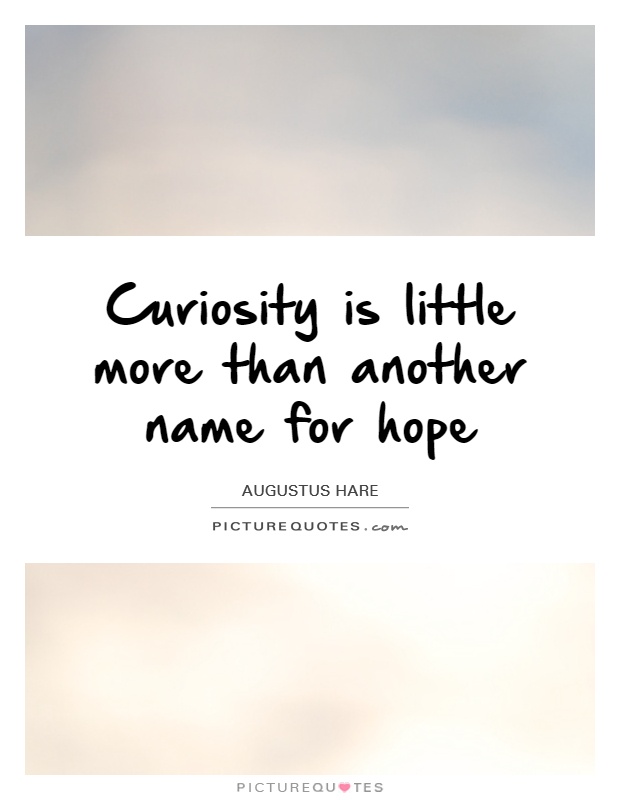
Curiosity is little more than another name for hope
Augustus Hare, a 19th-century English writer known for his travel books and biographies, once said, “Curiosity is little more than another name for hope.” This statement encapsulates the essence of Hare’s adventurous spirit and insatiable thirst for knowledge. Throughout his life, Hare traveled extensively, seeking out new experiences and learning about different cultures. His curiosity drove him to explore the world around him, always hopeful that each new discovery would lead to a deeper understanding of the world.Hare’s belief that curiosity is synonymous with hope speaks to the idea that curiosity is a driving force that propels us forward, pushing us to seek out new experiences and knowledge. When we are curious about something, we are filled with a sense of hope and excitement, eager to uncover the mysteries that lie ahead. Curiosity ignites a spark within us, motivating us to explore, discover, and learn.
For Hare, curiosity was not just a passing interest, but a way of life. He believed that curiosity was essential for personal growth and development, as it encourages us to step outside of our comfort zones and embrace new challenges. By remaining curious and open-minded, Hare was able to expand his horizons and gain a deeper understanding of the world around him.
In the context of Hare’s writings, his curiosity and hope were intertwined, driving him to seek out new adventures and experiences. His travel books are filled with vivid descriptions of the places he visited and the people he met, showcasing his insatiable curiosity and boundless hope for the future. Through his writing, Hare inspires readers to embrace their own curiosity and approach life with a sense of hope and wonder.
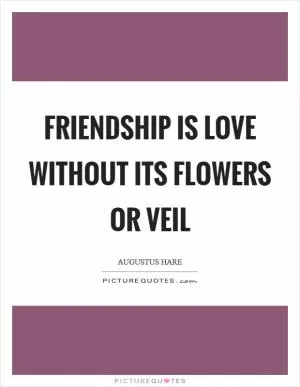
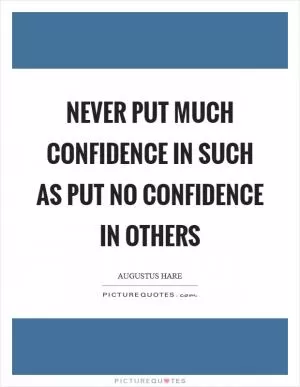
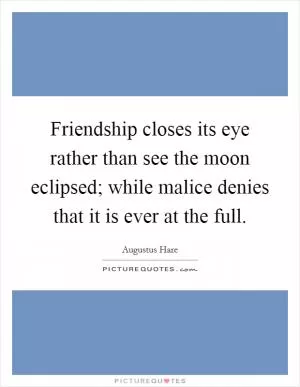

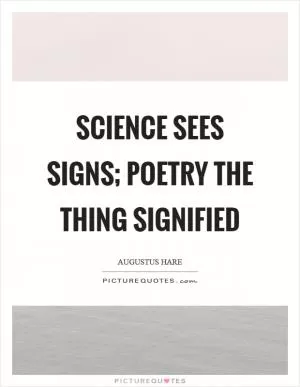



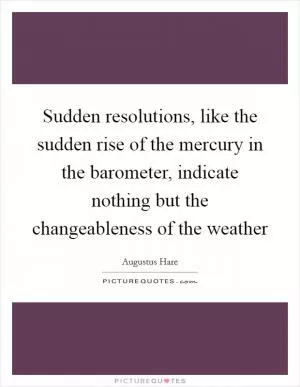

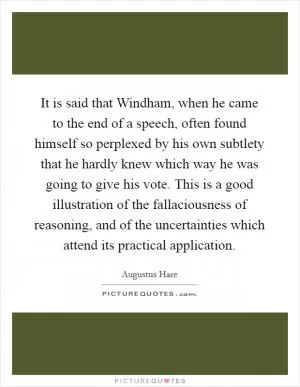
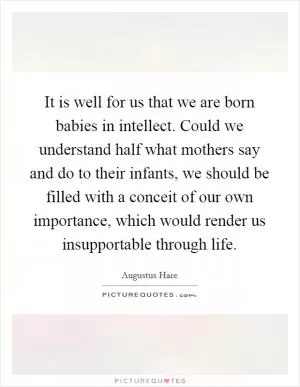
 Friendship Quotes
Friendship Quotes Love Quotes
Love Quotes Life Quotes
Life Quotes Funny Quotes
Funny Quotes Motivational Quotes
Motivational Quotes Inspirational Quotes
Inspirational Quotes